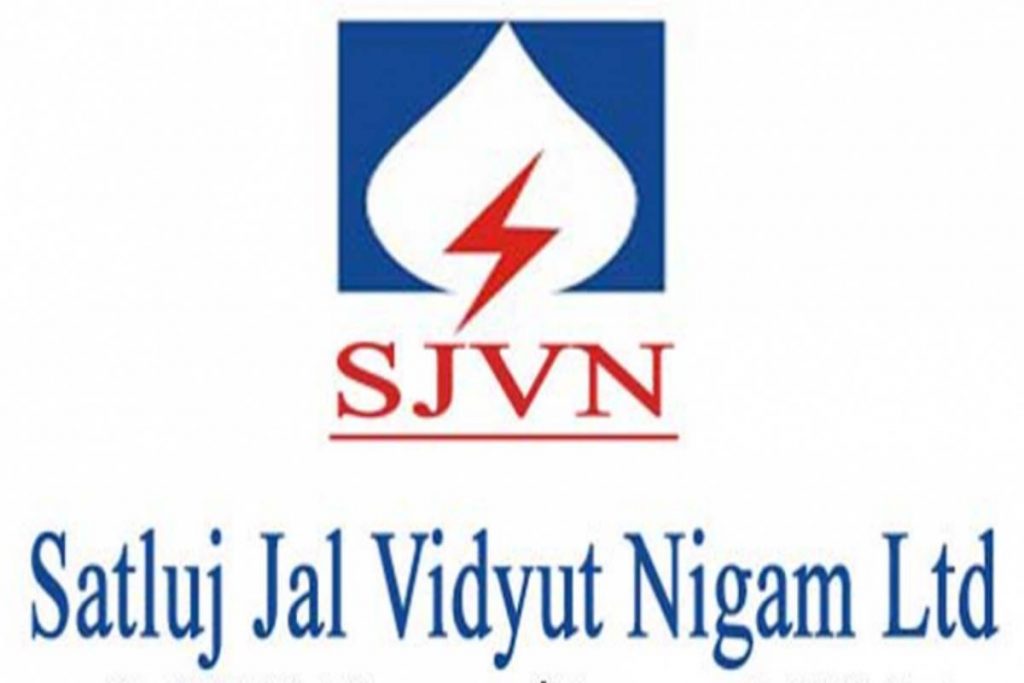The state-owned firm SJVN Limited has been allotted five hydropower projects with a total generation capacity of 5097 MW by the government of Arunachal Pradesh.
“All the allocated projects are situated in tributaries of the Dibang river. The allocated projects are 3097 MW Etalin, 680 MW Attunli, 500MW Emini, 420 Amulin and 400 MW Mihumdon,” said SJVN Chairman and Managing Director, Nand Lal Sharma.
He informed that the government of Arunachal has terminated memorandums of agreement with various private power developers as they “showed less interest” in executing projects allotted to them.
The projects which have been withdrawn from private developers are now being handed over to central public sector understandings, he added.
Sharma said: “3097 MW Etalin and 680 MW Attunli were earlier allocated to private players, as there was no physical progress in both the projects. The projects are now allotted to SJVN. In addition, SJVN projects have also been allocated to other central public sector undertakings, namely, NEEPCO, NHPC and THDC.”
Nand Lal Sharma further apprised that the government of Arunachal Pradesh has considered his proposition of One Basin One Developer and allocated all 5 projects in Dibang Basin, which will result in optimal resource utilization and timely completion of projects.
The development of these projects will involve an investment of more than Rs 50,000 crore and will reduce carbon emissions to the tune of around 1.1 million tonnes per year.
He further informed that agreement for the implementation of these projects will be signed soon at an event which will be graced by Chief Minister of Arunachal Pradesh Pema Khandu and Union Power Minister, R K Singh.
“The portfolio of SJVN is now 55527 MW. The company is on rapid progression to achieve its Shared Vision of being 25000 MW company by 2030 and 50000 MW by 2040. This Shared Vision has been formulated in sync with the commitment of the Government of India of generating 50 percent energy from non-fossil fuel-based energy resources by 2030,” said Sharma.






